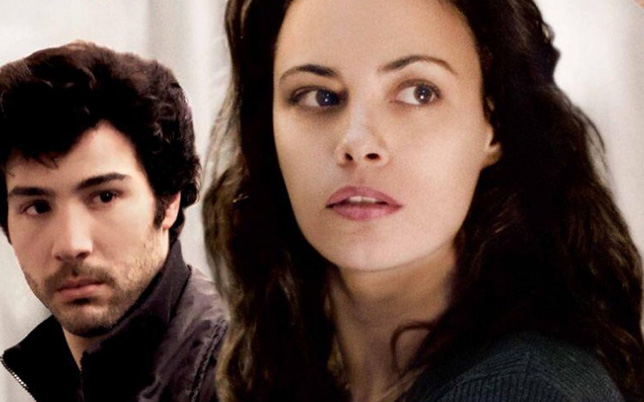
- Golden Globe Awards
The Past
Two years ago, with his widely lauded A Separation, writer-director Asghar Farhadi announced the arrival of a new wave of Iranian cinema: intimate and complex, exquisitely sculpted with the emphasis on family and relationships. Farhadi’s film gave us a glimpse into modern Iranian society, and some of us may have been surprised to find that Iranians are a people with much the same issues and problems that we all have to deal with. That’s why A Separation hit a nerve with audiences worldwide, and why it won awards everywhere, from the Golden Bear at the Berlin Film Festival to Oscars and a Golden Globe in the Best Foreign Language Film category.
Now, with his new film The Past, the filmmaker solidifies his reputation as a world-class auteur. But Farhadi is no beginner. Before his international breakthrough with A Separation, he had shot four films that all did well on the festival circuit and made him a household name among insiders.
In structure and theme, The Past resembles A Separation. At the center is a fractured family, trying to cope with bruising changes and painful discoveries. The difference here is that this family does not live in Tehran but in Paris, though it’s hard to see the City of Lights in this dark story. Farhadi steers clear of the usual Paris landmarks – no Eiffel Tower and no Champs Elysees. The film begins with the arrival of Ahmad (Ali Mosaffa), the Iranian husband of a French woman, Marie (Berenice Bejo from The Artist). The couple has been separated for four years, and Marie, who is in a new relationship, wants a divorce. Ahmad needs to give his consent and sign papers, which he is more than willing to do. But when he moves into the house that Marie shares with her Iranian expatriate lover, Samir (Tahar Rahim), for the duration of his stay, tensions mount and secrets are revealed. It is a recipe for trouble, and that is exactly how Asghar Farhadi wants it.
“I feel it’s important to talk about the complex issues affecting us”, the director has said. “I think it’s insulting to an audience to make them sit and watch a film and then give them a message in one sentence. I believe that the world today needs more questions than answers. If you give an answer to your viewer, your film will simply finish in the movie theatre. But when you pose questions, your film actually begins after people watch it. In fact, your film will continue inside the viewer.”
Hans J Spurkel
In structure and theme, The Past resembles A Separation. At the center is a fractured family, trying to cope with bruising changes and painful discoveries. The difference here is that this family does not live in Tehran but in Paris, though it’s hard to see the City of Lights in this dark story. Farhadi steers clear of the usual Paris landmarks – no Eiffel Tower and no Champs Elysees. The film begins with the arrival of Ahmad (Ali Mosaffa), the Iranian husband of a French woman, Marie (Berenice Bejo from The Artist). The couple has been separated for four years, and Marie, who is in a new relationship, wants a divorce. Ahmad needs to give his consent and sign papers, which he is more than willing to do. But when he moves into the house that Marie shares with her Iranian expatriate lover, Samir (Tahar Rahim), for the duration of his stay, tensions mount and secrets are revealed. It is a recipe for trouble, and that is exactly how Asghar Farhadi wants it.
“I feel it’s important to talk about the complex issues affecting us”, the director has said. “I think it’s insulting to an audience to make them sit and watch a film and then give them a message in one sentence. I believe that the world today needs more questions than answers. If you give an answer to your viewer, your film will simply finish in the movie theatre. But when you pose questions, your film actually begins after people watch it. In fact, your film will continue inside the viewer.”
Hans J Spurkel

